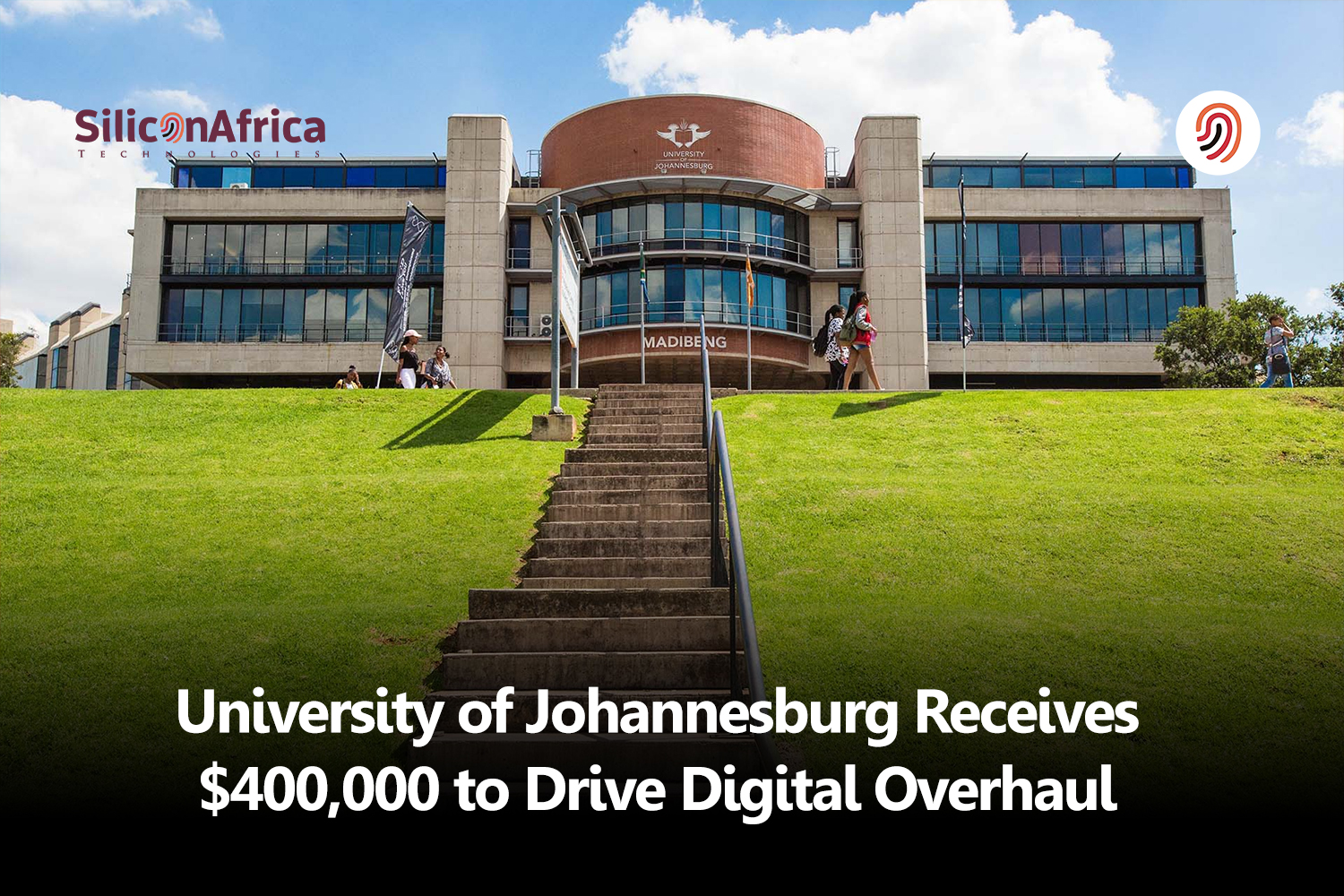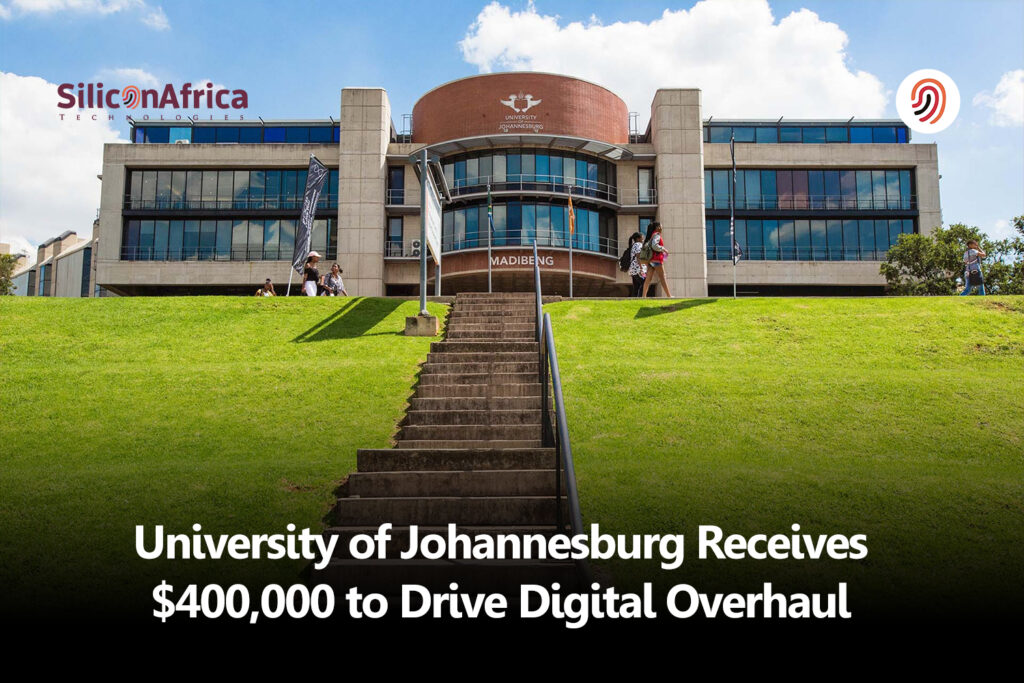Physical Address
60 Ekwema Cres, Layout 460281, Imo
Physical Address
60 Ekwema Cres, Layout 460281, Imo

A grant from the European Union totaling more than R8.1 million ($417,435.49) has been given to the University of Johannesburg (UJ) to help with a digital transformation project in South African Technical and Vocational Education and Training (TVET) colleges.
The grant was funded by Erasmus+, a European Union program that focuses on youth, education, training, and sport.

The initiative known as “Project Pro-TELDE (Promotion of Technology-Enhanced Learning and Digital Education)” attempts to address the opportunities and problems that have arisen as a result of the introduction of artificial intelligence tools such as ChatGPT in the fields of communication and education.
In terms of AI research output, the University of Johannesburg is ranked sixth out of African universities. The educational institution declared in December 2022 that artificial intelligence courses would become required for all degrees offered.
To prevent fraud and put an end to counterfeiting, the university also implemented blockchain-based certificates for its graduates in order to improve security aspects related to the certification process.
This means that anyone can verify the information on the certificate by scanning the unique QR code on the qualification document that has been issued to the holder.
This project will empower South African TVET lecturers in business and economics by assisting them in creating digital teaching resources by leveraging open digital sources using technology-enhanced learning (TEL) methods, according to Professor Tankiso Moloi, Research Chair in 4IR at the Johannesburg Business School, UJ.
“Project Pro-TELDE acknowledges that TVET institutions must provide their students with the digital skills and competencies necessary for success in the contemporary workplace,” Moloi went on.
According to Moloi, the main goal of the project is to create an online repository with digital teaching resources and verified TEL that is specially designed for business and economics teachers in South Africa.
She states, “We are thrilled to spearhead this project with both domestic and international partners…Collaborating institutions such as Central Johannesburg TVET College, Majuba TVET College, Vhembe TVET College, PIXEL (Italy), Universita degli Studi di Roma La Sapienza (Italy), and University of Peloponnese (Greece) are essential to the success of Project Pro-TELDE.”
In closing, Moloi says, “Project Pro-TELDE reflects UJ’s commitment to advancing digital education and equipping educators for success in the digital era by implementing transformative educational initiatives that drive positive societal change.”